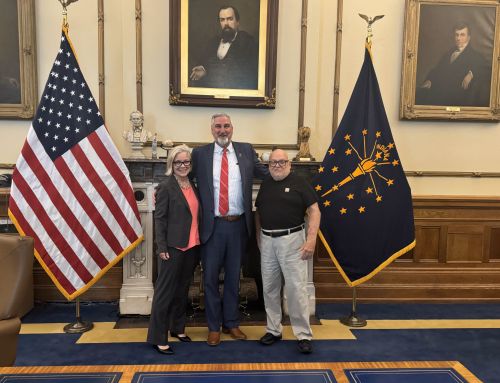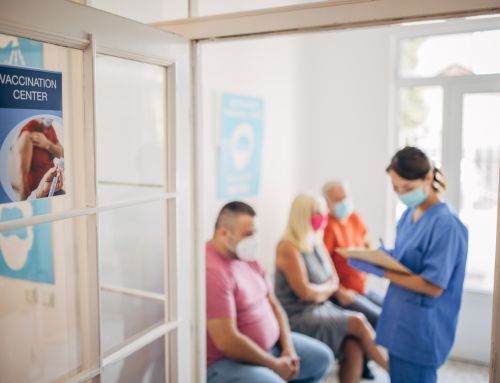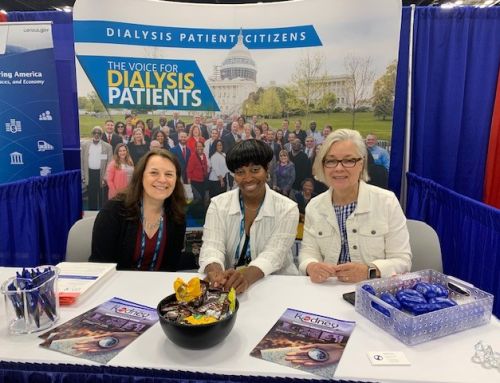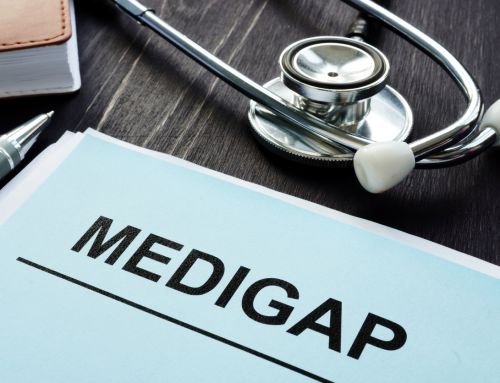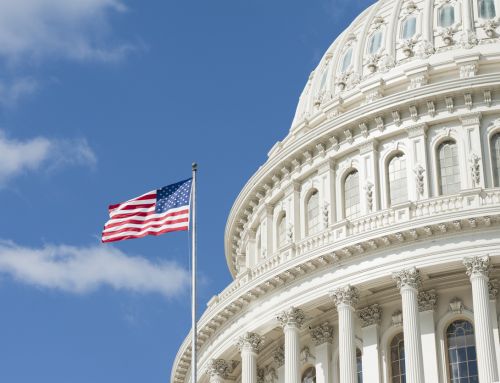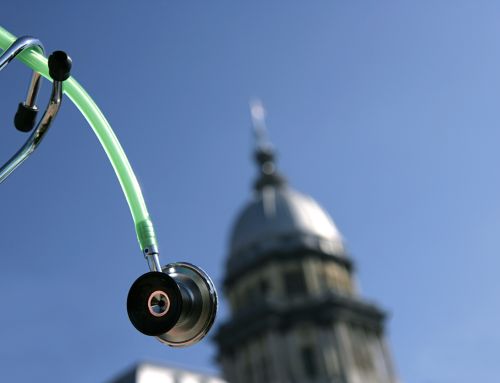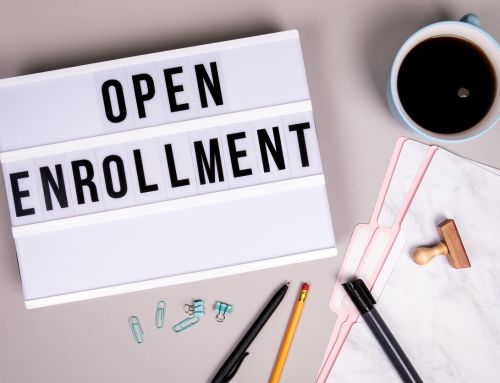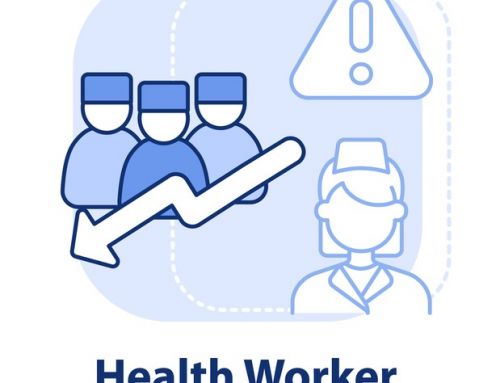Vivianne M. Chaumont, Director
Division of Medicaid & Long-Term Care
Department of Health and Human Services
301 Centennial Mall South
Lincoln, NE 68509
Dear Director Chaumont:
As America’s largest patient-led organization representing dialysis patients, Dialysis Patient Citizens (DPC) works to improve the quality of life of all dialysis patients through education and advocacy. Today we are writing on behalf of the 1,442 dialysis patients in Nebraska, urging you not to eliminate Medicaid coverage of oral nutritional supplements. Many patients on dialysis utilize these supplements to help maintain a high quality of life, and elimination of Medicaid coverage will compromise the health of these patients while potentially increasing costly emergency care. It is in the best interest of both the patient and the State to maintain Medicaid coverage of oral nutritional supplements for dialysis patients.
For the over 400,000 individuals living with end stage renal disease (ESRD) who rely on life-saving dialysis treatments, following a proper nutritional regimen is an essential aspect of care. As many dialysis patients live on fixed incomes, it can be difficult for them to properly maintain their nutrition. Even after dialysis treatments, toxins build up in patients’ bodies and they may suffer from protein deficiencies. If patients are unable to afford or otherwise access the proper nutrients they need from food sources, they may require additional nutritional supplements to remain healthy. Oral nutritional supplements provide these necessary nutrients for patients, and eliminating Medicaid coverage of these supplements will make it difficult for many patients to meet their nutritional requirements. According to the United States Renal Data Systems, 76 percent of dialysis patients do not eat sufficient amounts of protein and 86 percent do not meet daily energy intake levels.1
Eliminating coverage will lead to a sicker dialysis patient population and therefore increased rates of costly emergency care and hospitalizations. Use of these supplements has been clinically shown to improve nutritional status and outcomes in this patient population, while at the same time reducing costs to the state. In fact, studies have shown that even a slight increase in albumin (protein) levels can decrease hospitalizations by up to 41 percent.2 Therefore, elimination of Medicaid coverage will likely add to the State’s health care costs, not decrease costs as is the goal of this proposal.
While we understand that oral nutritional supplements do not fit the federal regulation definition of “durable medical equipment”, we do not think that this is a reason for which coverage of supplements should be eliminated. Because of the nature of oral nutritional supplements, we believe they would be better administered through the Medicaid Pharmacy Services program. Patients on any type of dialysis are assessed and counseled on a regular basis by highly trained Renal Registered Dietitians. Every attempt is made to support the patient nutritionally with a modified renal diet before nutritional supplements are recommended. As a result, nutritional supplementation is for those patients who, after extensive counseling, cannot meet their daily protein and/or energy needs with diet alone. As many dialysis patients receiving Medicaid benefits live on fixed incomes, they rely on this coverage of supplements to properly maintain their health.
With appropriate intervention and access to quality care that includes proper nutrition, prescription medication, visits to physicians and dialysis treatments, patients with complete failure of their kidneys can still live full, productive lives allowing them to work, volunteer and care for their families. We encourage the State to reconsider the proposal to eliminate Medicaid coverage of oral nutritional supplements, as this will lead to a decline in the health of dialysis patients and to an increase in costly emergency health care for the State.
Thank you again for your commitment to Medicaid patients in Nebraska and for your consideration of the unique needs of dialysis patients. It you have any questions, or if we can be of further assistance, please feel free to contact us.
Sincerely,
Hrant Jamgochian
Executive Director
1 U.S. Renal Data System, USRDS 2008 Annual Data Report: Atlas of Chronic Kidney Disease and End-Stage Renal Disease in the United States, National Institutes of Health, National Institute of Diabetes and Digestive and Kidney Diseases, Bethesda, MD, 2008.
2 Kalantar-Zadeh, Kamyar, MD, PhD. The Ability of Albumin to Predict Outcome in Hemodialysis Patients. US Nephrology. 1998: Volume 3, Issue 1.







